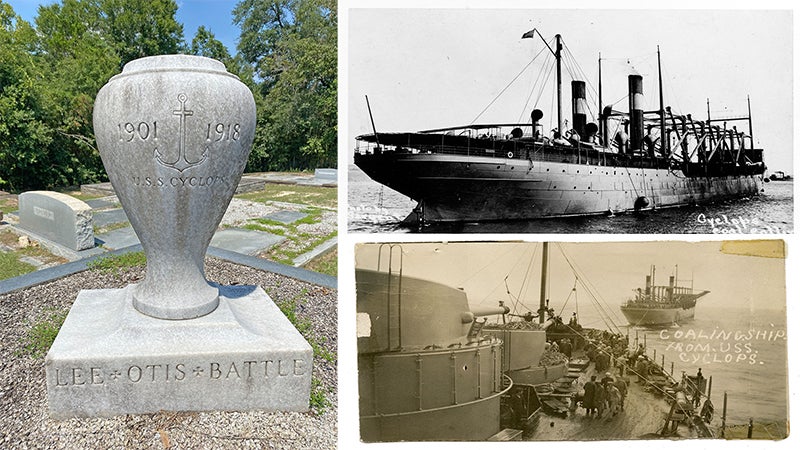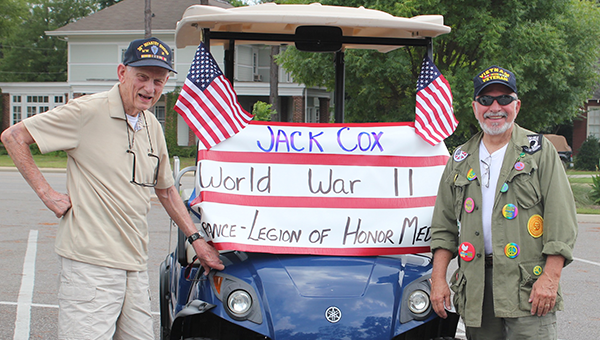Plenty of nurses I’d call ‘Dr.’
Published 12:00 am Saturday, April 17, 2010
Twenty-eight states, including Alabama, are considering expanding the authority of nurse practitioners, the Associated Press reported this week.
With 32 million more Americans gaining health insurance in the next few years, there is expected to be a shortage of primary care physicians. Consequently, the health care overhaul is putting more money into nurse-managed clinics.
The medical establishment is fighting to protect turf, arguing that a doctor shortage is no reason to put nurses in charge, claiming that doing so puts patients in danger.
Nurse practitioners argue that they are highly trained and know when to refer patients to specialists. Oh, and they get paid less, keeping health care costs down.
Admittedly, I come from a long line of folks who don’t spend much time going to the doctor. But it seems to me that most people make doctors’ appointments for issues easily handled by nurse practitioners.
When I was a child there were only two or three doctors in Elba. We saw Dr. Cooper, usually for a sore throat or ear infection. If we had fever, Momma took us to Dr. Cooper, who wrote us a prescription for Amoxicillin and Dimetapp, and sometimes had his nurse, Murline Manring, give us a shot. (Yes, she’s the same one who’s a real estate agent in Andalusia). No doubt, she could have treated us solo as well as our beloved doctor.
My husband is under the care of a cardiologist he sees at least twice a year. He has his cholesterol checked before the appointment, then sees a nurse practitioner who takes his vitals, reads his blood work and asks a few questions. When she’s done, a doctor breezes through for little more than a hello, and the practice bills our insurance company for a doctor’s visit. He’s a very nice man whom we’ve trusted for medication, two heart caths and heart stents. But frankly, I don’t think my husband would be any less healthy if the doctor didn’t stop to say hello during those routine visits.
One of the sticking points, according to the AP, is that the AMA thinks it’s confusing for nurse practitioners to be called “Dr.,” even if they have an earned doctorate. By 2015, holding a doctorate, or a DNP, in nursing practice, will be the standard for all graduating nurse practitioners.
Nurse practitioners argue that we patients aren’t as dumb as we may look.
We manage to differentiate medical doctors from by veterinarians, chiropractors and dentists, all of whom call themselves “Dr.”
Don’t get me wrong. As a person who gets woozy at mere verbal descriptions of medical procedures, I have the utmost respect for anyone in the medical profession, be they doctors, nurses, or technicians.
But as the demand for health care rises and medical schools turn out fewer general practitioners, it makes good, common sense to put routine health care in the hands of nurse practitioners.
I’d be happy to call them ‘Dr.’



